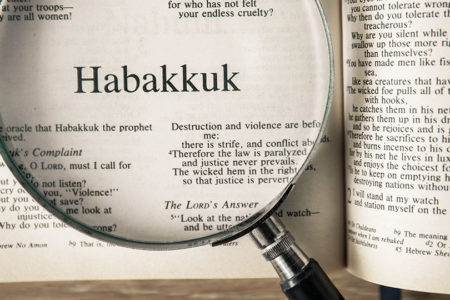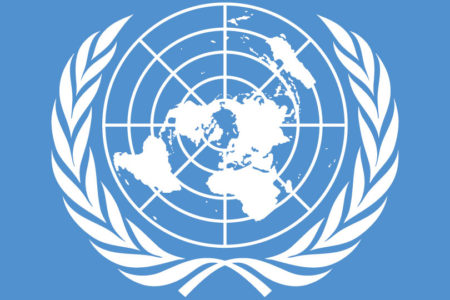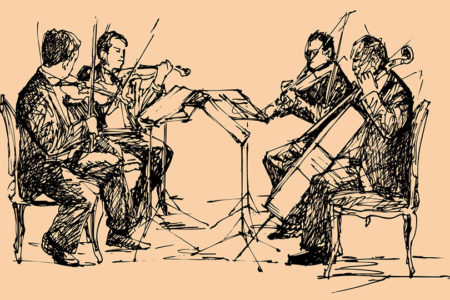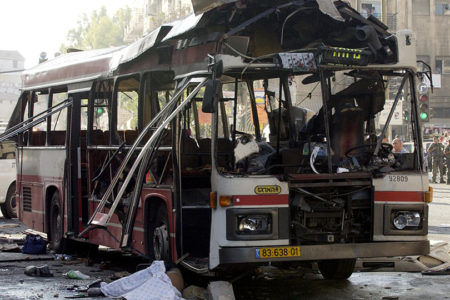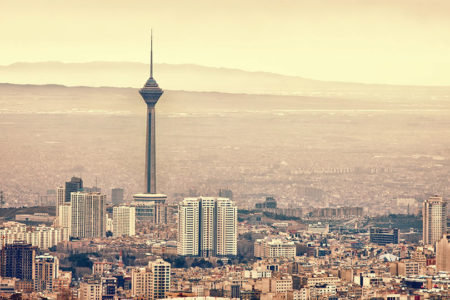Five Big Words
When speaker of the U.S. House of Representatives, Tom DeLay, visited Israel recently, he said cryptically, “Israel’s fight is our fight.”
Just five words to be sure, but words defining what the conflict in the Middle East is all about. There were those who, predictably, took exception to the speaker’s unvarnished declaration of solidarity with Israel. Since September 11, 2001, blackened the pages of American history, there has been a concerted effort to separate America’s war on terror from events afflicting Israel in the Holy Land. A double standard has reared its head; and it defies logic and denies the obvious. DeLay set the record straight: Israel’s fight is our fight.
If any doubts lingered about the accuracy of his comment, they should have evaporated after the twin tragedies of August 19 and 20, when a bus was bombed in Jerusalem and an explosives-ladened cement truck slammed into UN headquarters at the Canal Hotel in Baghdad.
The total casualty count in Jerusalem and Baghdad numbered forty killed and approximately two hundred wounded.
In Israel, a cease-fire of sorts had been in force for weeks. Although terrorist attacks on Israelis did not stop, they diminished somewhat as U.S. emissaries, Israeli leaders, and Palestinian Authority Prime Minister Abu Mazen discussed how to implement the Road Map and birth an Arab Palestine that lives side by side with Israel in peace.
Meanwhile terrorists were busy repairing their infrastructure, which had been badly damaged by Israel’s Operation Defensive Shield. In addition, they were rearming and preparing for another all-out assault on Israelis as soon as conditions were right.
For them the opportune moment arrived when a Muslim cleric boarded bus number 2 on a Jerusalem street with a powerful explosive strapped to his body. The explosion tore through the bus, killing infants, children, men, and women, many of whom were returning from worshiping at the Western Wall.
In Baghdad, UN staffers were posted on a purely humanitarian mission. They were not soldiers. They were on the scene to help put Iraq back on its feet after years of oppression and deprivation under Saddam Hussein and his murderous regime.
By all civilized measures of computation, the blast was incomprehensible, senseless, and barbaric beyond description. But the perpetrators of the bombing did not see it as such. These people have no interest in securing stability or tranquility for the Iraqis. Indeed, no more so than Islamic militants favor bringing peace and the normalization of life for deprived Palestinians.
The war in Iraq was an easy military victory. In a matter of weeks, American and coalition forces swept aside meager Iraqi opposition and brought down the government of Saddam Hussein. Most in the West thought that would be the end of it. Then rebuilding the country could begin.
However, we soon discovered that the war continues. And this is a different kind of war than we understood. Radical Islamists from other countries have rallied to join the terror campaign to kill American troops, sabotage efforts to rebuild the country, and drive the West from the region. It has been done successfully before.
In 1982 the United States sent a force to keep peace between Muslims and Christians in Beirut, Lebanon. On October 23, 1983, a Muslim drove a truck loaded with 2,500 pounds of TNT through the main gate of U.S. Marine headquarters, killing 241 marine, army, and navy personnel. Another eighty-one were wounded.
The attack was carried out by Hezbollah, aided by Syria, and financed by Iran. Consequently, the United States withdrew its forces.
Eighteen American soldiers, part of a UN peace-keeping force in Somalia, were killed in a 15-hour gun battle with Somali rebels. As a result, the U.S. Congress pressured the administration to withdraw from Somalia.
The implication of these withdrawals was not lost on radical Islamists.
Today they are counting again on their determination to break the will of their enemies. If the West loses the will to fight terror until total victory is won, the Osama bin Ladins, Saddam Husseins, and Yasser Arafats of the world will win the larger war, even if they do so from the grave. Neither Israel nor America can afford to let that happen.
Israelis used to say they lived in a tough neighborhood. Since 9/11 Americans have come to realize that we, too, live in a tough global neighborhood, one where only the truly tough and tested survive.
And Rep. DeLay’s observation spelled out the rules of engagement to survive in a world gone bad: Israel’s fight is our fight.

